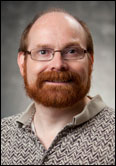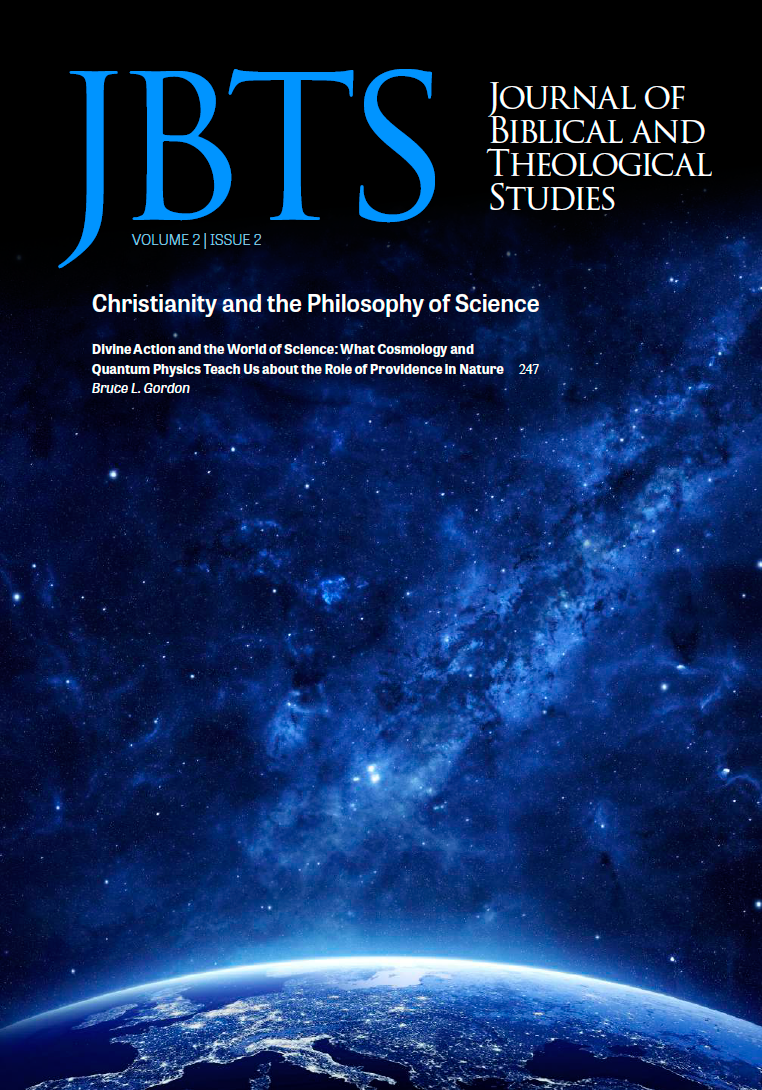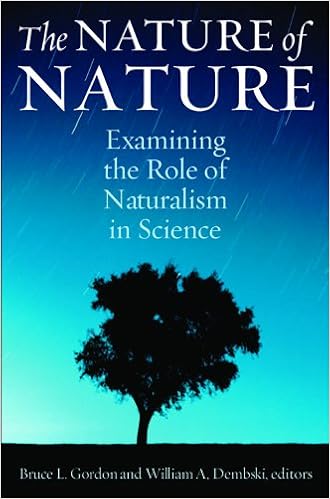 From philosopher of science Bruce Gordon at Journal of Biblical and Theological Studies:
From philosopher of science Bruce Gordon at Journal of Biblical and Theological Studies:
Divine Action and the World of Science: What Cosmology and Quantum Physics Teach Us about the Role of Providence in Nature

Introduction: The Intelligible Cosmos: For science to be possible there has to be order present in nature and it has to be discoverable by the human mind. But why should either of these conditions be met? Albert Einstein (1879-1955) famously remarked that “the eternal mystery of the world is its comprehensibility…. [t]he fact that it is comprehensible is a miracle.” If there were no sufficient cause explaining why the universe exists, if it were taken as a brute fact, there would indeed be no reason to expect the universe to be ordered, let alone for that order to be amenable to the human mind.
Of course, if the universe we inhabit is the product of the mind of God, there need be no mystery here. In the Judeo Christian worldview, nature exists and is regular not because it is closed to divine activity, but because (and only because) it is the operative product of divine causality. It is only because nature is a creation and thus not a closed system of causes and effects that it exists in the first place and exhibits the regular order that makes science possible. And this order is amenable to the human mind because we are created in the image of God with the capacity to understand. God’s existence and action are not, therefore, an obstacle to science; rather, they provide the very basis of its possibility. It is all very well to state this, but it is hardly compelling if there is no evidence that our universe has originated and operates by the action of a particular providence. So does the reality we inhabit bear the hallmarks of transcendent intelligent causation, and does scientific investigation lead us to its discovery? In a word, yes.
It is the purpose of this essay to show how the evidence from cosmology and quantum physics… More.
 Note: Readers may remember Dr. Gordon as one of the editors of The Nature of Nature indispensable reading for understanding the ID controversy.
Note: Readers may remember Dr. Gordon as one of the editors of The Nature of Nature indispensable reading for understanding the ID controversy.
See also: Philosopher of physics: Physics and physicalism are mutually incompatible
and
Dictionary of Christianity and science features ID contributors At US$59.99, it is a bit expensive for a bonfire.